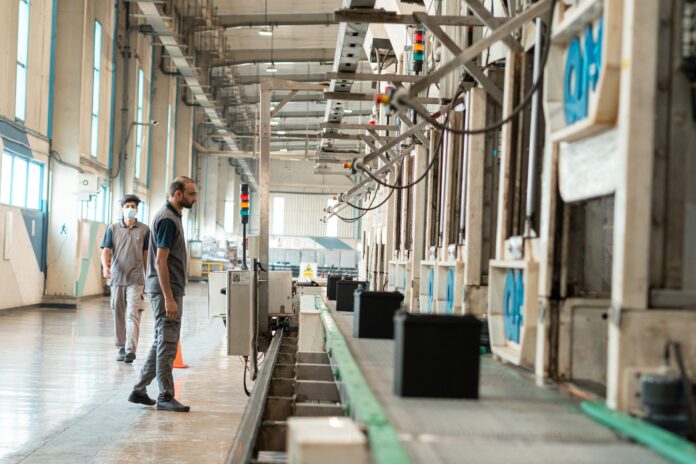When the Treet Corporation launched its battery manufacturing business in 2018, it was not exactly the smoothest entry into a new industry.
Treet Battery hit the market at a time when the battery industry was just about to hit a slump. By the time Treet began to come out of its initial birthing pains, the industry was facing some steep challenges. Load-shedding was at an all time low, meaning people did not need to buy batteries for their UPS as regularly. The auto-industry was experiencing plummeting demand and car companies were regularly halting assembly. And on top of demand falling, there was an increase in lead prices and a devaluation of the rupee.
It was a disaster to put it mildly. Battery manufacturers that had been in the game for years found themselves floundering. In fact, the 2018-21 period marked the worst period for battery manufacturing in Pakistan. And here was a new entrant just a couple of years into its existence suddenly thrown into the deep-end.
Which is why it might come as a surprise to money that Treet Battery has come out the other end in pretty good shape. Not only has the company managed to become profitable, it has managed to increase its market share by taking away from bigger and older manufacturers like Exide and Atlas. In 2024, they earned a revenue of Rs 8.4 billion, giving them control of just under 12% of the overall market in only seven years of operations.
But there is a problem. Treet needs money. While their revenues have been increasing at an impressive rate during a difficult period for the industry and the economy, their debt costs are weighing them down. The answer to this problem is clear. Treet needs to raise more money, and perhaps the best option to do that is through an Initial Public Offering (IPO). Before we get to that, however, we must understand how Treet found itself struggling with this debt in the first place. The content in this publication is expensive to produce. But unlike other journalistic outfits, business publications have to cover the very organizations that directly give them advertisements. Hence, this large source of revenue, which is the lifeblood of other media houses, is severely compromised on account of Profit’s no-compromise policy when it comes to our reporting. No wonder, Profit has lost multiple ad deals, worth tens of millions of rupees, due to stories that held big businesses to account. Hence, for our work to continue unfettered, it must be supported by discerning readers who know the value of quality business journalism, not just for the economy but for the society as a whole.To read the full article, subscribe and support independent business journalism in Pakistan

























